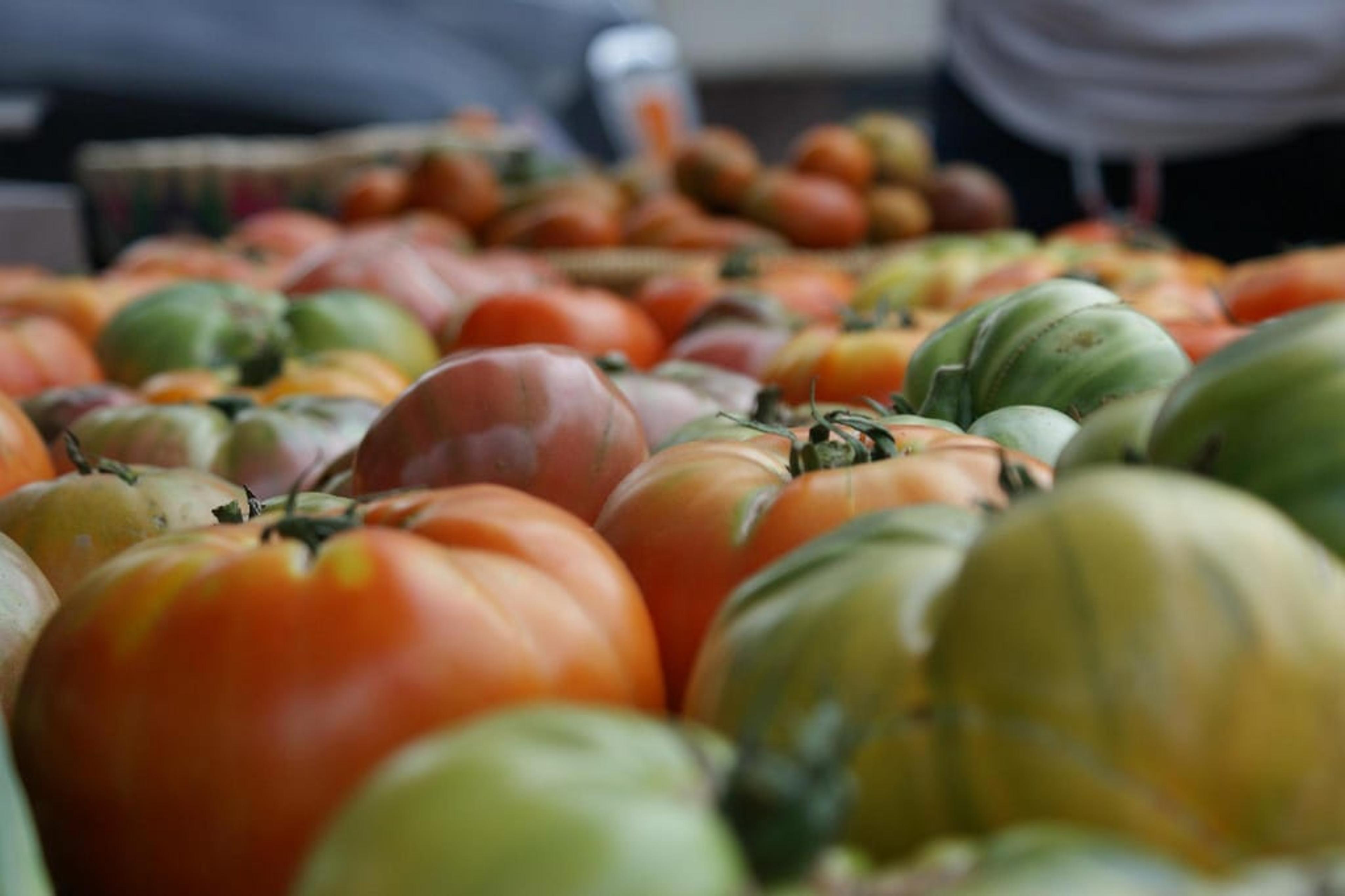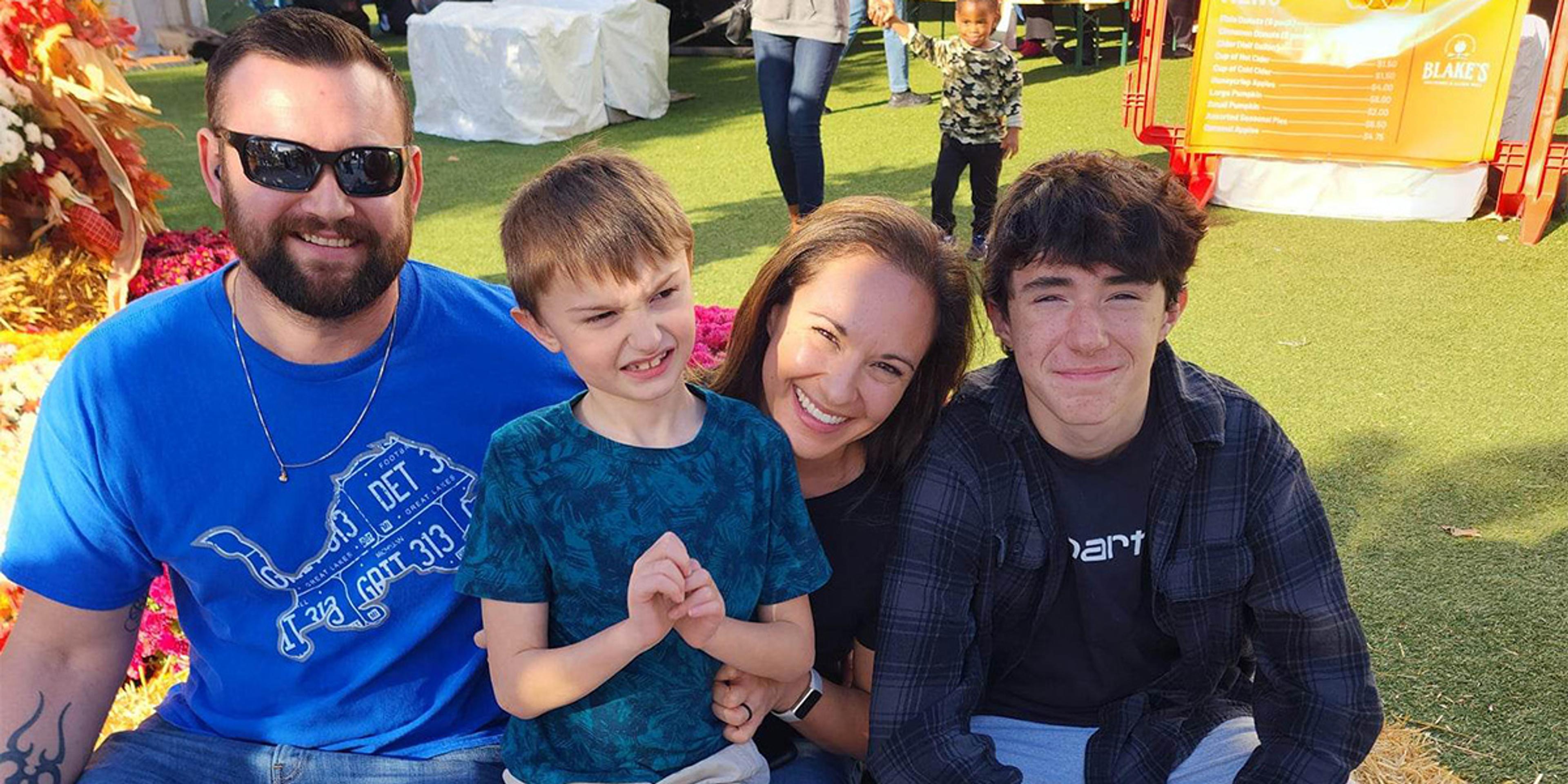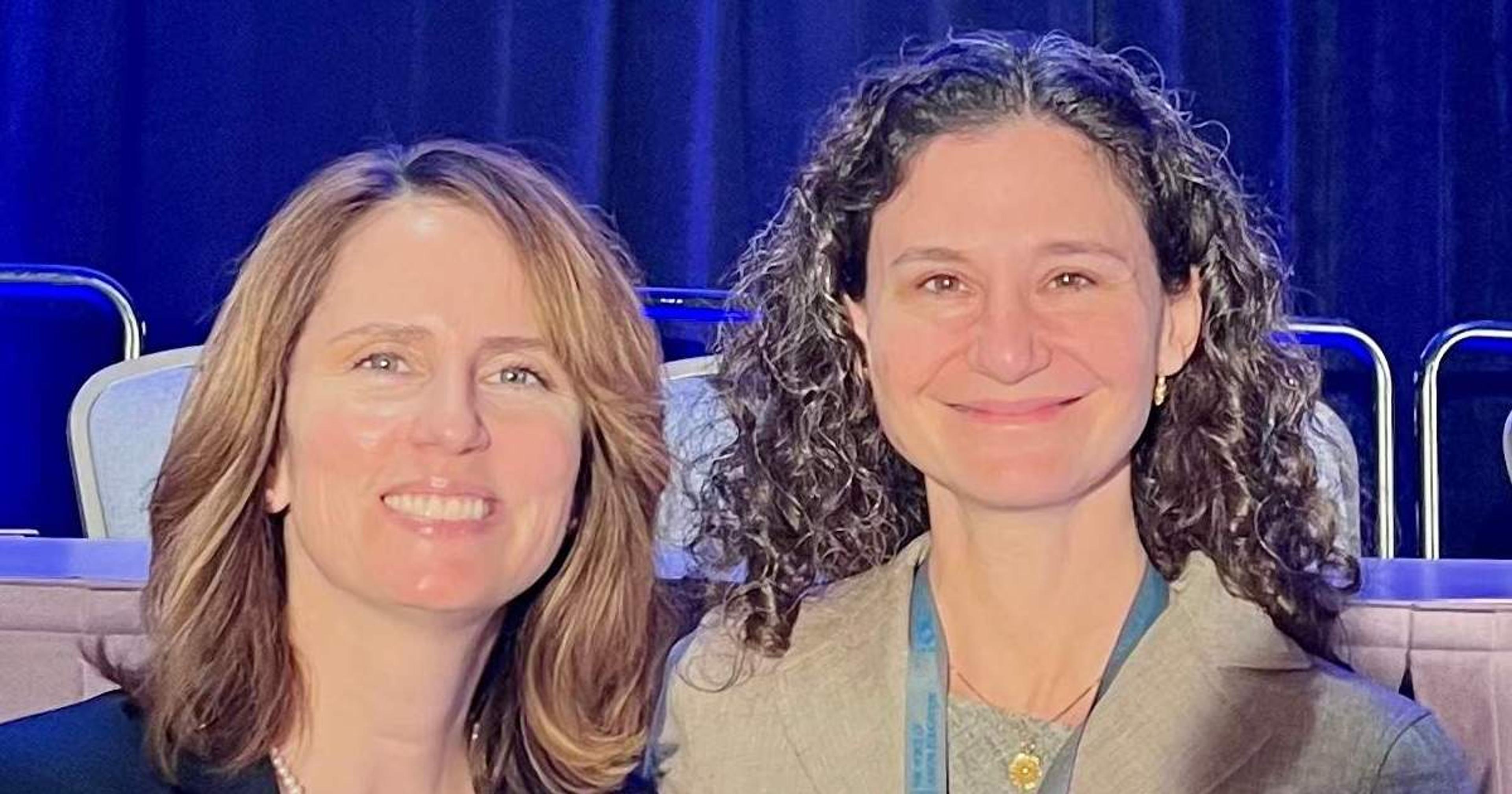Food as Medicine: How the BCBSM Foundation Supports Produce Prescription Programs
Julie Bitely
| 5 min read

This is the third in a series of posts about the connections between eating fresh produce and better health. This post details how the Blue Cross Blue Shield of Michigan Foundation is supporting various initiatives across the state. Food scarcity and access to fresh fruits and vegetables is a problem in many Michigan communities. A 2015 report found that 17.9 percent of Michigan residents are food insecure, meaning they lack reliable access to healthy food. It also found that 1.8 million Michigan residents, including an estimated 300,000 children, live in communities with limited access to supermarkets. Programs are popping up across the state to connect local health and food systems in order to expand access to fresh food while simultaneously improving the health of vulnerable communities. Here are two such programs the Blue Cross Blue Shield of Michigan Foundation has chosen to support in different ways. From Detroit … On Thursdays in the summer, the Community Health and Social Services (CHASS) Center in Detroit hosts an on-site farmers market. Many of the people shopping the colorful rows of fruits and vegetables have a prescription to do so. Known as The Fresh Prescription, the initiative was launched in 2013 as a collaboration between CHASS, the Ecology Center, Eastern Market and the Fair Food Network. It brings together the food system and health system in Detroit by working with health care providers to prescribe fresh fruits and vegetables to their patients. Based on a program called Prescription for Health, originally developed by the Washtenaw County Health Department, the community health initiative aims to address both chronic disease and food insecurity. CHASS’ program incorporates cooking demos and other educational components to further help patients develop healthy habits. Richard Bryce, D.O., is the chief medical officer at CHASS. He said the concept of prescribing food as medicine is very popular at the center. “For many patients, that is a big deal and they’re very excited,” he said. “It’s another tool I can use to motivate people to get healthy.” A lot of patients at CHASS live in poverty. Accessing and preparing fresh food can sometimes be out of reach and many rely on a diet of processed carbohydrates, fast food and whatever staples they can afford at the local gas station or corner store. “It’s not that they don’t want to eat healthier, but in many cases, face access issues and don’t quite know how to do it,” Bryce explained. Based on initial research Bryce conducted that showed patients with diabetes participating in the program who saw dramatic decreases in their A1C levels, the Blue Cross Blue Shield of Michigan Foundation is funding more research to shore up the evidence that a diet rich in fruits and vegetables can make an impact on health. ... to the U.P. The size, culture and demographics of Houghton, a small community located in Michigan’s Upper Peninsula, may be far different than Detroit, but they do share at least one thing in common: the problem of food insecurity. Michelle Seguin M.D. is a family medicine physician at the Upper Great Lakes Family Health Center. She explained that much of the U.P. is classified as a food desert. “I do think that access to fresh, local produce is difficult due to the limited supply from our short growing season and because of the cost to transport fresh produce up here in the offseason,” Seguin said. She discovered Washtenaw County’s Prescription for Health program at a conference and was determined to bring it to her patients, many of whom struggle with chronic disease. With funding from the Portage Health Foundation, Seguin was able to establish a local program in partnership with the Downtown Houghton Farmers Market that started last year. Requirements to participate included having at least one chronic disease, an interest in making healthy behavior changes and demonstrable difficulty in accessing fruits and vegetables. Seguin recruited 32 patients for the 10-week pilot and collected participants’ baseline weight and surveys including information on dietary habits and global physical and mental health scores. Funding from the Blue Cross Blue Shield of Michigan Foundation is helping her analyze the numbers with help from a Michigan Technological University student she was able to hire. So far, results from the program look good. Fruit and vegetable consumption went up 1.2 cups per day among program participants, who also noted statistically significant increases in their reported quality of life. Although not a primary goal, the group also lost a cumulative 54 pounds over the 10 weeks, with one individual losing almost 17 on their own. In total, $3,684 was spent at the market through the program, making it a boon for local farmers as well. Seguin said the farmers market is in the process of working through the requirements of being able to accept Supplemental Nutrition Assistance Program, or SNAP benefits, so that more people in the community are able to access fresh food. To round out the Prescription for Health program, community health worker Chelsea Goodreau set up shop at the market every week to work with participants. She shared recipes she developed based on what was in season and helped people identify goals they wanted to work on every week such as increasing water intake, trying new veggies, or exercising a certain number of days. She said it was amazing to see the personal transformations that took place over 10 weeks. “They each had to identify things they wanted to take on from a personal level that would benefit their overall health,” Goodreau said. “They became a lot more confident in their abilities as an individual to complete their goals.” Seguin is encouraged by the results of the program’s first year and can’t wait to write more fruit and vegetable prescriptions in the future. She said people came away from the program having made lasting lifestyle changes that impacted their lives and their families’ health. She said more physicians prescribing fruits and vegetables is vital to addressing the growing problem of chronic and lifestyle diseases that can be helped through diet. “There has to be a better way, and bridging local health care and food systems is part of the solution,” she said. Check back to read about how the Houghton Prescription for Health program opened one participant’s eyes to a different, healthier lifestyle. Read earlier posts about the concept of prescription produce programs and about statewide efforts to expand access to farmers markets. Photo credit: Gemma Billings





